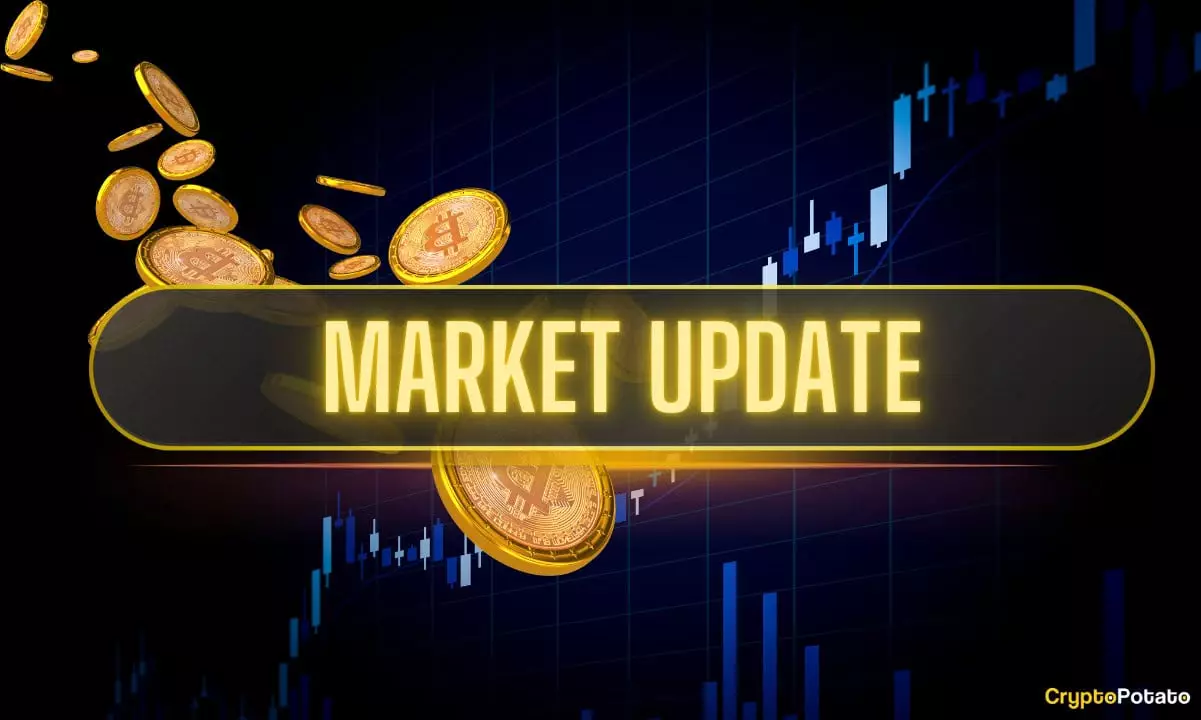In recent days, the world witnessed grim developments in the Middle East, with Israel launching a sudden missile attack on Iran that claimed more than 70 lives, including key military officials and nuclear scientists. Such international crises typically send shockwaves through financial markets, and initially, Bitcoin (BTC) was not immune to this volatility. The cryptocurrency’s price plummeted from over $108,000, briefly dipping under $103,000. With tensions escalating as Iran retaliated, everyone anticipated further declines. However, contrary to expectations, Bitcoin exhibited remarkable resilience, managing to stabilize around the $104,000 mark days later. This paradox raises compelling questions about the underlying strengths of Bitcoin as a financial asset during chaotic global events.
I believe that Bitcoin’s response to geopolitical turmoil underscores the shifting dynamics of modern finance. Unlike traditional securities, Bitcoin is increasingly viewed as a store of value or a hedge against instability, reinforcing the argument that it transcends mere speculation. The market’s ability to rebound almost immediately in the face of serious geopolitical risks reflects a growing confidence among investors in Bitcoin’s potential to weather storms.
Regulatory Developments and Their Implications
In addition to its global positioning, regulatory news has started reshaping the conversation around cryptocurrencies. Notably, the US Senate passed the GENIUS Act, which proposes guidelines for stablecoin oversight, showcasing bipartisan support for cryptocurrency regulation. As I see it, these developments are essential for establishing clarity within the crypto market. They signify governmental acknowledgment of Bitcoin and similar assets as something more than just a fringe market.
The dialogue surrounding regulation can often become mired in uncertainty and concern, especially from a center-right perspective, where too much government intervention might be viewed as stifling innovation. However, a balanced regulatory framework can facilitate wider adoption, enhance security, and attract institutional investors to the space—fostering a healthier crypto ecosystem. Republican-controlled houses could potentially infuse these discussions with growth-oriented strategies.
Furthermore, Justin Sun’s plans for Tron to go public via a reverse merger with SRM Entertainment emphasize this trend of mainstreaming cryptocurrency. Collaboration between traditional finance and innovative blockchain technology could bridge gaps that have historically kept institutional players at bay.
Institutional Influence in Bitcoin Trading
Interestingly, current on-chain data challenges the notion that retail investors significantly influence Bitcoin’s price dynamics. With smaller transactions dwindling, it appears that institutional players are the primary supporters of Bitcoin’s elevated price levels. The narrative that Bitcoin is a retail-driven phenomenon seems increasingly dated and misleading. Institutions wield enormous purchasing power, often moving markets through large transactions.
This makes sense in the context of Bitcoin reaching a price point above $100,000 largely due to these significant investors. From a center-right lens, this underlines the importance of free markets where institutional knowledge can drive more intelligent investment strategies. As Bitcoin continues to evolve, we must critically analyze how this institutional dominance might affect market access for smaller players.
Market Predictions and Asset Allocation
The current landscape presents unique opportunities for investors to analyze which assets are performing well. We’ve seen Bitcoin Cash surge by 17% and UNI following with 6.6% growth. In stark contrast, some altcoins have faced setbacks, suggesting that investor sentiment is selectively favoring projects with strong fundamentals.
Hence, as market volatility persists, the emphasis on reconsidering asset allocation becomes increasingly important. The knowledge of what constitutes a strong investment will be the cornerstone of maintaining sustainability in one’s portfolio. Individuals who understand market dynamics, driven by institutional behaviors and geopolitical factors, are often better positioned to seize these openings.
Bitcoin’s performance amid conflict and regulatory planning is emblematic of a broader paradigm shift in finance. Instead of succumbing to panic, investors with foresight and grounded perspectives can capitalize on opportunities presented by volatility. At the end of the day, Bitcoin may not just be another asset class; it could represent a revolutionary concept that aligns more with a capitalist vision in which markets react and adapt to sociopolitical realities. This transformative character of Bitcoin could redefine how we view liquidity and asset stability in times of crisis.
















Leave a Reply